If you’ve heard anything at all about Health Savings Accounts (HSAs), it’s likely that they offer an elusive triple-tax advantage that can benefit you in the present – and far into the future, too. As healthcare costs continue to rise, HSAs have emerged as a powerful way to not only manage medical expenses but also enhance your financial well-being. In this article, we’ll explore the concept of the triple-tax advantage and the remarkable benefits of Health Savings Accounts for your financial health.
Understanding the Triple-Tax Advantage
Let’s start by digging more deeply into what this triple-tax advantage means. It refers to the unique tax benefits that HSAs provide, making them a savvy tool for both healthcare and financial planning. First, contributions to HSAs are tax-deductible, reducing your taxable income in the year of contribution. Second, the funds in the account grow tax-free through investment earnings. Finally, withdrawals for qualified medical expenses are also tax-free, allowing you to use your HSA funds to cover healthcare costs without incurring additional taxes.
Contributions and Investment Growth
Health Savings Accounts are designed to be versatile savings vehicles that can complement your overall financial strategy. You can contribute to your HSA through pre-tax payroll deductions or make tax-deductible contributions directly. These contributions can then be invested, allowing your HSA balance to grow over time. Investment growth occurs without incurring taxes on capital gains or dividends, providing an opportunity to build a substantial healthcare fund for the future.
Flexible and Portable
One of the standout features of HSAs is their flexibility. Unlike flexible spending accounts (FSAs), Health Savings Accounts don’t have a “use it or lose it” rule. Any unused funds remain in the account from year to year, allowing you to accumulate savings for future healthcare expenses. HSAs are also portable, meaning you can keep your account even if you change jobs or retire. This flexibility makes HSAs a valuable long-term asset for healthcare planning.
Medical and Retirement Benefits
While Health Savings Accounts are primarily intended for medical expenses, they can also offer retirement benefits. Once you reach age 65, you can withdraw funds from your HSA for any purpose without incurring a penalty. While non-medical withdrawals are subject to income tax – unlike using your funds for qualified medical expenses – this effectively transforms your HSA into a retirement account with similar tax treatment to a traditional IRA. You can use it to take your dream vacation, buy a boat, start a business, or make any other purchase you’d like.
Combining HSAs with Retirement Planning
Given the flexibility we’ve already discussed, it’s easy to see how Health Savings Accounts can complement your traditional retirement accounts and help you maximize your savings. As medical expenses are often a significant retirement cost, having a well-funded HSA can alleviate the burden on other retirement funds. By prioritizing HSA contributions and allowing the funds to grow, you’ll have a dedicated resource to cover healthcare expenses during retirement, leaving your other retirement accounts to address lifestyle and non-medical needs.
Strategic Use of HSAs
To fully harness the power of Health Savings Accounts, it’s essential to use them strategically. Contribute the maximum allowable amount to your HSA each year to take advantage of the tax benefits. If possible, avoid using HSA funds for current medical expenses and instead let the funds grow for future needs. Consider using other funds to cover immediate healthcare costs while preserving your HSA balance for the long term.
Health Savings Accounts: Is This Tool Right for You?
Health Savings Accounts offer a triple-tax advantage that can significantly impact your financial health. By contributing pre-tax or tax-deductible funds, allowing investments to grow tax-free, and withdrawing for qualified medical expenses tax-free, you’re maximizing your healthcare and financial planning potential. However, every person’s circumstances are unique, and it’s important to thoughtfully evaluate whether an HSA is right for you. Not everyone qualifies, so start by learning whether you’re able to utilize one.
HSAs are more than just a tool for managing medical costs—they’re a pathway to greater financial security and flexibility. As you explore the benefits of HSAs and determine whether you should add one to your financial planning strategy, we can help. At Principal Preservation Services, we make your retirement security our focus as we help you create a personalized strategy to achieve your goals. Contact us today to schedule an initial conversation to learn more. We look forward to hearing from you!









